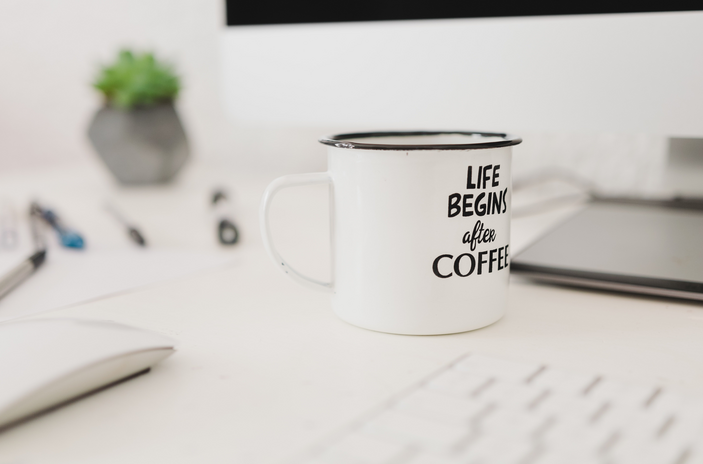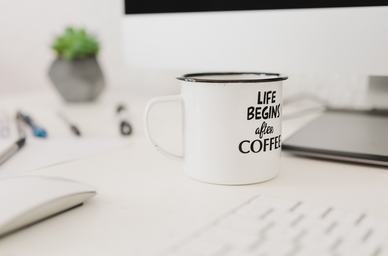As long as I can remember my mom has told me to be kind. No matter what happens in life, I should continue to spread love and care to others. Back then I would literally walk up to kids and introduce myself as their friend. I was so willing to trust anyone because I was so blind to people’s intentions. Being “too nice” really got the best of me as I grew up, and it has been a blessing and a curse to this day.
Growing up it was easy to develop lasting friendships because you are naive. Being too trusting can be an issue for kids if they aren’t taught to value their social interactions with others. Greater Good Magazine explains, “Trust is about transparency, about learning that it’s safe to let another person know who you are and what you feel, and it’s basically trial and error. You pay attention to your instincts about whom to trust, and you try it out.” Your experiences early in life determine how you navigate intimacy with others later in life. For some, long-lasting friendships are common. For others, there is a wall built up to guard themselves because of psycho-social stressors that they have experienced. Unfortunately for many, unhealthy friendships are the norm.
From personal experience, I rebelled against my parents when they warned me of toxic people. I continued to put myself in situations where my relationships were not reciprocated in regards to effort and appreciation. Back then I was clueless when it came to good judgment. That carried on when I got to college, and when I graduated I finally realized just how much friendship meant to me (even if that meant cutting everyone off).
Many people don’t realize just how much friendships can shape you as a person. College is prime time for developing relationships because this is the time where you are really coming into your own. In high school, my principal told me, “You are who you roll with,” and this applies to college life due to the fact adulthood is creeping up on you. Dartmouth News states, “One estimate suggests that the average college student spends only 15 hours a week in class but 86 hours a week with his or her friends.” Just think about it! From class, to parties, to mental breakdowns, to the food court, you spend so much time with other people and their personalities. Unfortunately, not all friendships are what you think.
I was involved in several organizations in college. I lived with the same people who were also club members, and I spent almost every day with them. You would think that just because I am with these people every day, and that they see the good and bad parts of me, that they would be my ride-or-dies. Of course, I had good moments, but I didn’t see the warning signs of toxicity in my life and how badly it was affecting my mental health plus my self-image. I let people walk all over me and no matter what, I always took them back. I said sorry over and over and the cycle continued. It literally wasn’t until post-graduation that I truly realized very few people had my back. So I did something I never have done before: I moved on.
For other people, post-graduation leads to lost friendships because life changes. Some stay for more school, some start families, and ultimately people move away or start major career plans. It’s hard enough trying to keep in contact (despite social media and smartphones right in front of us), but it’s even harder trying to accept the fact that growing up is unavoidable. Yes, there are the few people that maintain healthy relationships after college, but for people like me, it became crippling loneliness.
I felt that I had no one who understood me (except maybe 2 or 3 people), and I became antisocial. To this day, I am still learning how to trust people with my true self and get back into a steady routine without depending on others being around. It was tough at first leaving all of those memories behind when I moved out of the state. Now it’s all about focusing on me, and where I want to go from this moment.
“Resist the urge to continue your social life as if you were still in college. Be grateful for the part your friends played in your life over the years, and spend some time honoring what you had. No matter where life leads you, you’ll always have memories of the times you spent together,” writes Amy Morin of Forbes.com. She continues, “Allow yourself to feel sad, angry, embarrassed or lonely.” It is ok to feel upset, but good vibes are just around the corner. You have to occupy your time with things you enjoy and believe that you will meet good people down the road. Be able to trust yourself and don’t let your fear of isolation and past cycles of friendships dictate your social interactions today. Believe that you made an impact with the people of the past, and look forward to the people that will make an impact on your life in the near future.


